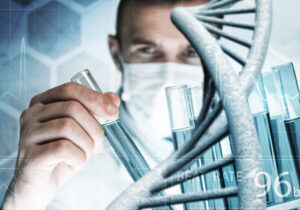
In our quest to achieve optimal health, enhance physical performance, and push the boundaries of human capabilities, biohacking has emerged as a cutting-edge trend. It combines biology with “hacking” to create a DIY approach to self-improvement. However, as we delve deeper into this fascinating world, it’s crucial to ask: Are we going too far? Here are 10 biohacking trends that are stirring both excitement and ethical debates.
1. DIY Gene Editing
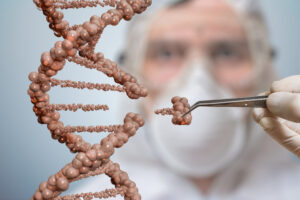
CRISPR-Cas9 has brought gene editing from the confines of advanced labs into the hands of amateur biohackers. While the potential to eliminate genetic diseases is tantalizing, the ethical implications and risks of unregulated genetic modifications pose significant concerns. Although it holds incredible promise for medicine and agriculture, there are serious concerns surrounding access, social equality, and the long-term effects. Furthermore, the lack of global regulation raises even more safety and ethical considerations.
2. Neurostimulation Devices
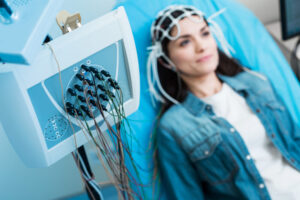
Brain stimulation devices promise enhanced cognitive abilities, mood improvement, and accelerated learning. And, they have also signaled new advances in treating neurological and psychiatric conditions. However, the long-term effects on brain health and the potential for misuse raise alarm bells.
3. Implantable Technology
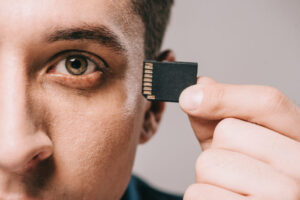
From RFID chips to monitor health data to implants that control smart devices, we have seen more integration of technology within the human body. These interfaces present transformative potential for human enhancement and healthcare. On the other hand, it also raises difficult questions regarding privacy, security, ethics, and personal autonomy.
4. Self-Experimentation with Nootropics
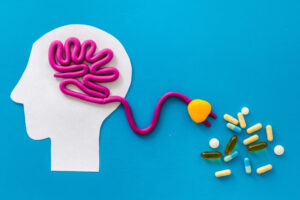
Nootropics, or “smart drugs,” are substances that claim to enhance cognitive function. In particular, they claim to boost the performance of executive functions, memory, creativity, and motivation. Despite criticisms of their efficacy, their use is growing. However, self-experimentation with these substances can lead to unforeseen side effects and interactions. Without proper study and regulation, there is still a lot of uncertainty about the long-term implications, risk of dependency, and potential for misuse.
5. Biochemical Tailoring for Fitness

Many health enthusiasts add supplements to optimize their fitness and body composition. But in recent years, tailoring one’s biochemical environment through specific supplements, pharmaceuticals, and hormones has become more common. Although the concept offers a more personalized approach to maintaining health, there are also significant risks. The dangers of hormonal imbalance, the safety of products, and dependency on supplements are concerns for health professionals.
6. Extreme Fasting

Intermittent fasting was first introduced as a dietary solution for weight loss and improved metabolic health. However, it has evolved into more extreme forms, with some biohackers pushing the limits to several days without food. Furthermore, experts are still debating the health benefits. When not properly managed, dangers include nutritional deficiencies and disordered eating patterns.
7. Augmented Reality (AR) Training
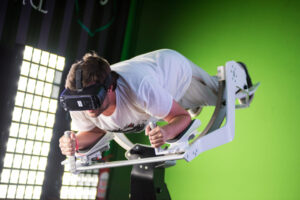
Augmented reality training offers innovative approaches to physical health. Using AR for physical and cognitive training promises to enhance human abilities beyond natural limits. However, overreliance on technology for basic human functions could lead to diminished natural capabilities. Additionally, it may also contribute to greater social division and isolation. Not to mention, AR also creates more system vulnerabilities to hacking and cyberattacks.
8. Biohacking in Extreme Environments
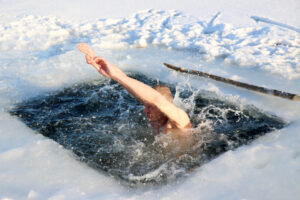
Some biohackers swear by exposure to extreme cold or heat as a means to enhance resilience and health. But, the risk of injury or health issues related to overexposure cannot be overlooked. There have been several cases of hypothermia, cardiovascular stress, dehydration, and electrolyte imbalances. Since many of these conditions may result in death, people who participate in these practices should approach them with extreme caution and informed preparation.
9. Microdosing Psychedelics
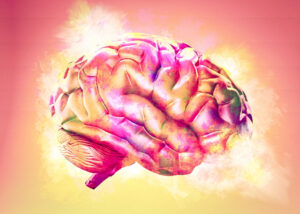
The trend of microdosing LSD or psilocybin for creativity and productivity has gained followers. While some report positive effects and relief from mental health conditions, there is limited scientific evidence. Not only are these substances still illegal, but the lack of research and the risk of psychological dependency also expose the dark side of this practice.
10. Blood Plasma Transfusions
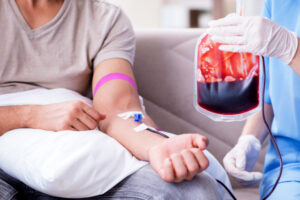
Another biohacking trend that is stirring debate is using blood plasma transfusions to combat aging. Some people believe that receiving blood plasma transfusions from younger individuals may reverse the signs of aging. Despite the allure of youth, the scientific evidence is sparse. Additionally, the risks of bloodborne diseases and exploitation loom large.
Knowing Where to Draw the Line
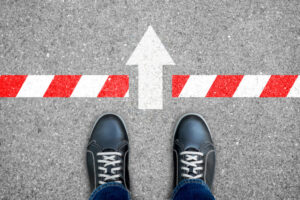
Exploring scientific advancements showcases humanity’s relentless pursuit of progress and desire to redefine the boundaries of our potential. As we navigate the exciting yet treacherous waters of biohacking, it’s crucial to maintain a balance between innovation and ethics. As we make discoveries, we must also prioritize ethical considerations, societal impacts, and individual well-being.
To achieve this, we must establish transparency in practices and proper legal oversight to ensure the health and safety of everyone involved. It begins by engaging in meaningful and honest conversations about our future. And most importantly, we must remember that the ultimate goal is to enhance human life without compromising our values.
Join the discussion below and share your views on how far is too far in the world of biohacking.
Read More
- Health And Wealth: Prioritize Your Well-being Without Breaking The Bank
- Modern Digital Solutions for Cost-Effective Mental Healthcare
Come back to what you love! Dollardig.com is the most reliable cash-back site on the web. Just sign up, click, shop, and get full cashback!

Jenny Smedra is an avid world traveler, ESL teacher, former archaeologist, and freelance writer. Choosing a life abroad had strengthened her commitment to finding ways to bring people together across language and cultural barriers. While most of her time is dedicated to either working with children, she also enjoys good friends, good food, and new adventures.
Comments